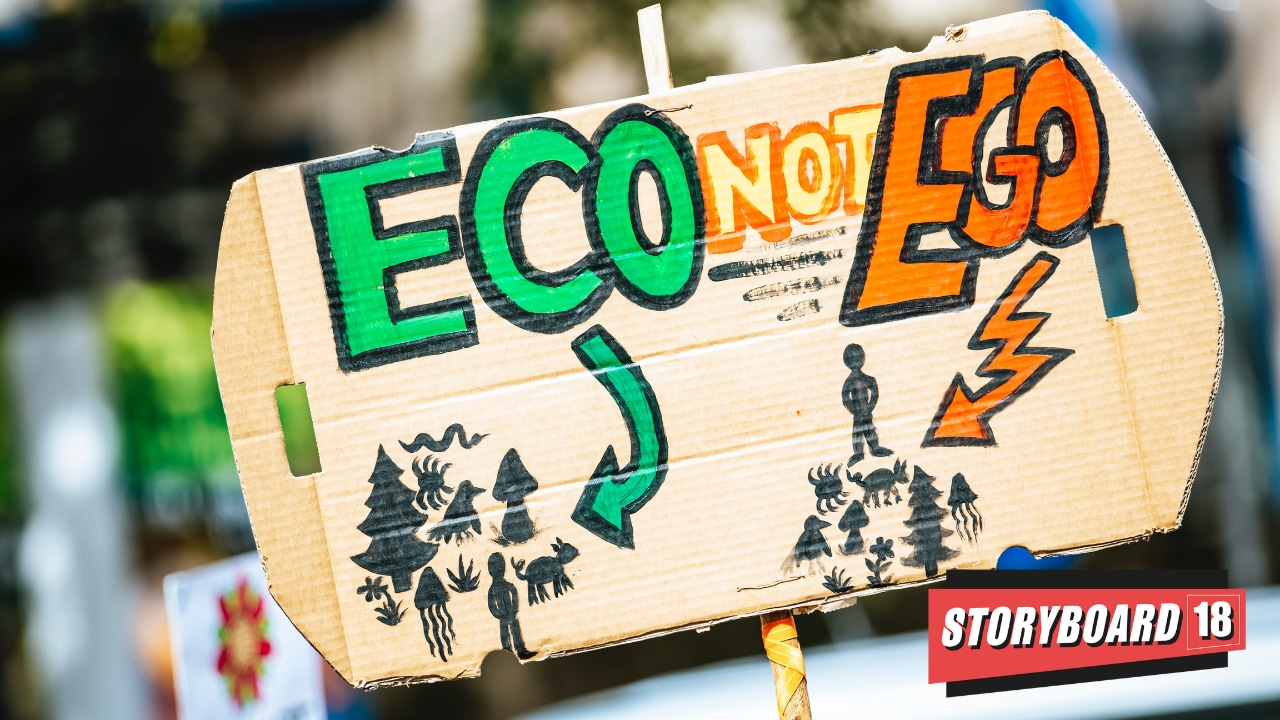The corporate ecosystem needs to be responsibly competitive and take the lead in climate action, according to Sanjiv Puri, Chairman of ITC Ltd. ITC, a diversified Indian conglomerate, has recently published its Sustainability and Integrated Report 2023 titled “Shaping the Future.” This report signifies two decades of sustainability reporting for ITC.
The company states that it has achieved and maintained three crucial global environmental sustainability indices. These include being ‘water positive’ for 21 years, ‘carbon positive’ for 18 years, and ‘solid waste recycling positive’ for 16 years. By following this approach, ITC claims that the company and its various business divisions have been able to support sustainable livelihoods for over six million individuals.
The ITC report acknowledges the prevailing state of permacrisis and uncertainty in our world today. Referring to 2023 as the year of ‘polycrisis,’ the World Economic Forum has highlighted critical areas such as climate change, food and energy shortages, among others, indicating that the world is at a pivotal moment. The recent IPCC Synthesis Report on Climate Change has warned that India is among the countries facing the highest risk from climate change-related events, including heat waves, cyclones, and displacement. In this context, enterprises with their vast and multi-dimensional resources can play a significant role in alleviating such challenges.
One of ITC’s major efforts is the Climate Smart Agriculture program, which aims to mitigate risks for farmers caused by unpredictable weather conditions. This program focuses on promoting high-yielding and climate-resilient crop varieties, adopting suitable mechanization practices, reducing stubble burning, and offering institutional services. So far, the company has positively impacted 740,000 farmers, covering 2.3 million acres across 17 states. ITC is committed to surpassing its goal of making 3 million acres climate-resilient well in advance.
ITC recently launched “ITC Mission Millets,” recognizing the potential of millets. With their low carbon and water footprint, ability to withstand high temperatures, and adaptability to poor soils, millets offer a holistic solution for long-term food security in the face of drought, water scarcity, and climate change.
ITC’s Biodiversity Conservation program has restored 290,000 acres of land across 12 states. With a commitment to further restore degraded village commons and pasturelands, ITC aims to enrich biodiversity across 1 million acres by 2030. Additionally, ITC’s Integrated Watershed Development Program has made a significant impact, covering approximately 1.47 million acres of water-stressed areas and benefiting over 400,000 individuals.
The company has also demonstrated its commitment to sustainable practices in its business operations. ITC Hotels boasts the world’s first 12 LEED Zero Carbon hotels and 2 LEED Zero Water properties. The Foods unit in Malur received the AWS Platinum level certification for water stewardship, while the Paperboards Unit in Kovai became the first paper mill globally to achieve this recognition. Additionally, ITC Sankhya in Bengaluru holds the distinction of being the world’s first data center with LEED Zero Carbon certification.
